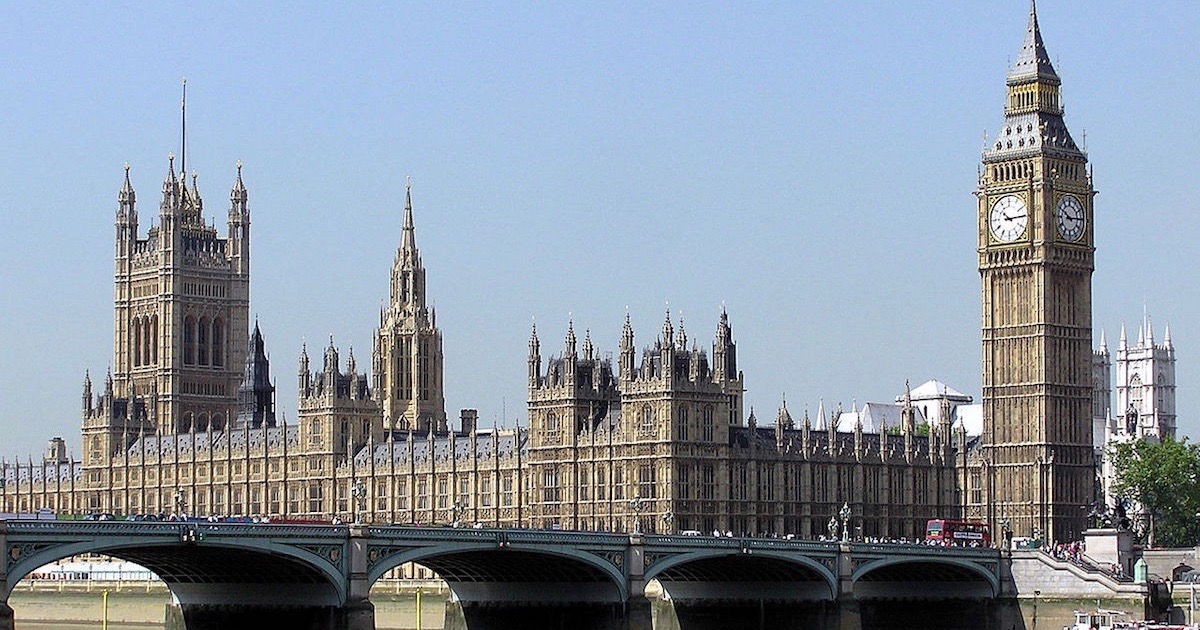 Education
Education
 Free Speech
Free Speech
UK: Students Should Be Allowed to “Develop Own Opinions” Even if “Unpopular, Controversial”

A report from MPs and peers in the UK Parliament addresses the issue of free speech in universities. Even though they don’t recognize a widespread problem, their analysis that abridgement of free speech is a problem is spot on. The bottom line is this: We aren’t the only ones who think free speech is important and has been compromised.
Everyone has the right to free speech within the law. Unless it is unlawful, speech should usually be allowed. Free speech within the law should mean just that. This can include the right to say things which, though lawful, others may find disturbing or upsetting.
The right extends further than just the right to make speeches. It extends to all forms of expression. Together, freedom of expression and freedom of association cover the right to form societies with lawful aims, even where those aims are not shared with the majority, and the right to peaceful protest.
Free speech is not an absolute right: it is right that there are limitations to ensure that it is not exercised in a way which causes harm to others. We note the law prohibits speech which, for example, incites murder, violence or terrorism; stirs up racial hatred, or hatred to other groups; causes fear of violence, alarm or distress, constitutes harassment or is defamatory or malicious. It does not prohibit speech which others may find upsetting or offensive.
This right to free speech is a foundation for democracy. It is important in all settings, but especially in universities, where education and learning are advanced through dialogue and debate. It underpins academic freedom. Universities are places where ideas are developed, a diverse range of interesting — and sometimes controversial — topics should be debated. Students are among those particularly affected.…
The extent to which students restrict free speech at universities should not be exaggerated. Where it happens, it is a serious problem and it is wrong. But it is not a pervasive problem. The evidence we have taken shows that overall there is support for the principle of freedom of speech among the student population. But even though much of the concern about free speech appears to have come from a small number of incidents which have been widely reported (and those reports are often repeated), any interference with free speech rights in universities is unacceptable and we are concerned that such interference as has been reported could be having a “chilling effect” on the exercise of freedom of speech more widely.…
Universities must be places where open and uncensored debate (within the law) can take place so students can think for themselves and develop their own opinions on ideas which may be unpopular, controversial or provocative. However, the concept of safe spaces is either too broad or very vague and therefore we do not find it helpful. University is an environment where a range of opinions should be heard and explored. Minority views should not be barred from student union premises.
A “chilling effect.” Yes, that’s a result of persecuting people with unpopular opinions — as we’ve seen in the controversy about origins science.
Among all those in university life who experience intimidation and threats of reprisals for speaking their mind, scientists and scholars with heterodox views on Darwinian theory may be the most severely restricted from exercising ordinary free speech.
It would be good to hear more about their plight. Yet from most self-styled defenders of open expression, you don’t hear anything about them at all. The new site Free Science may be a small step toward changing that.
Photo credit: Houses of Parliament, by Adrian Pingstone [Public domain], from Wikimedia Commons.
